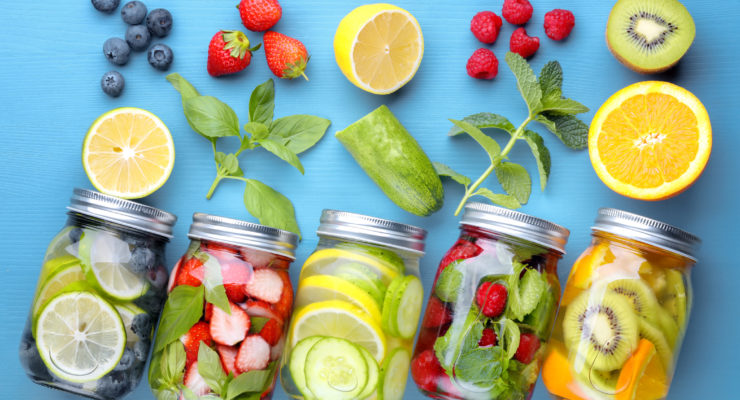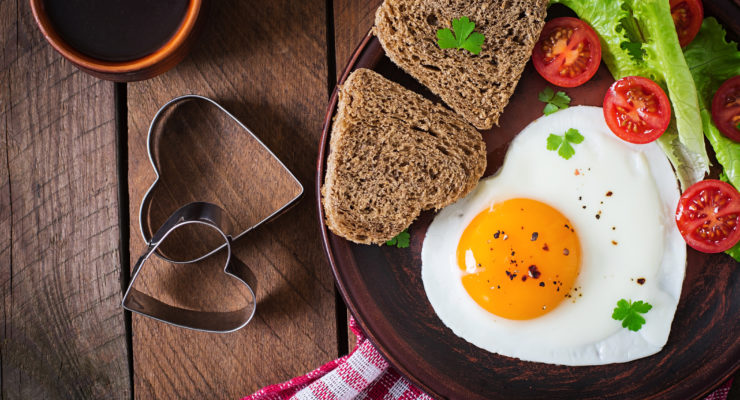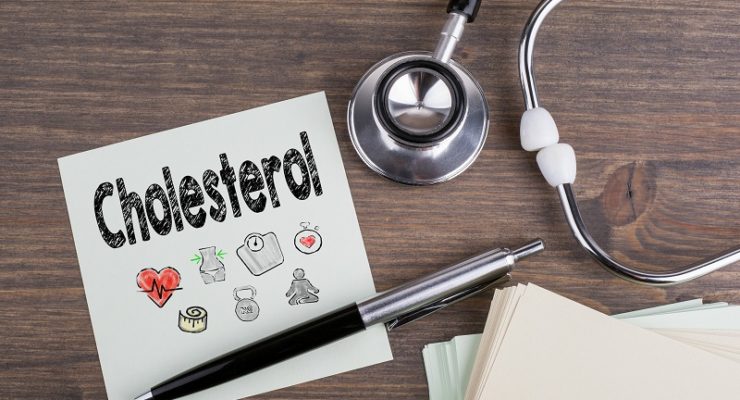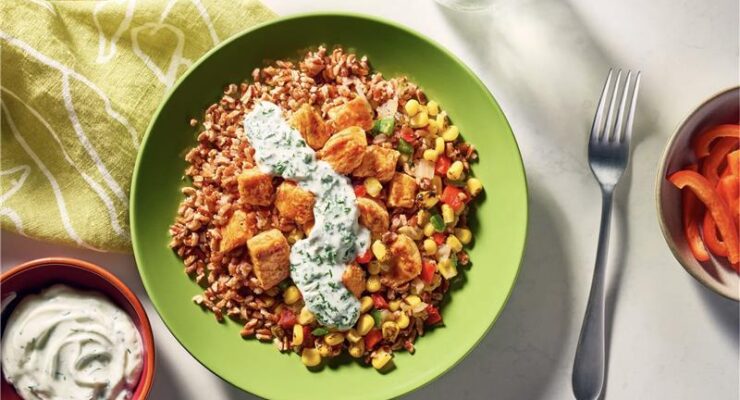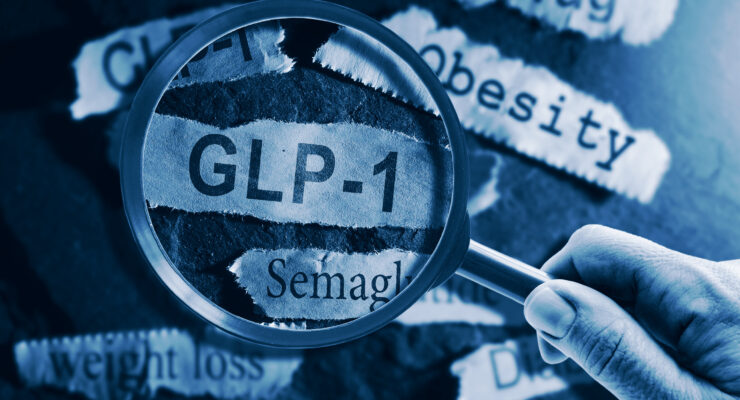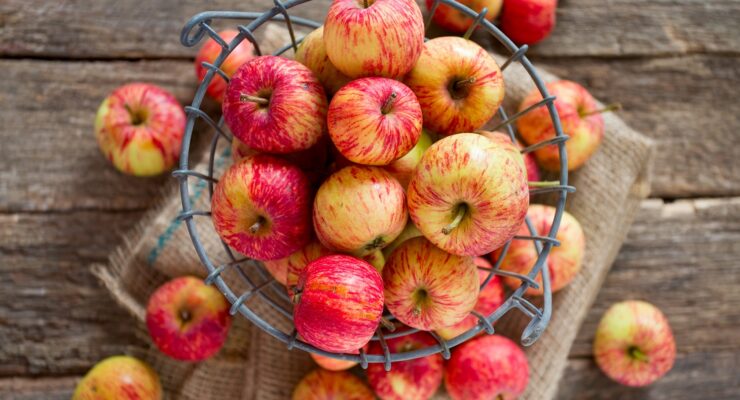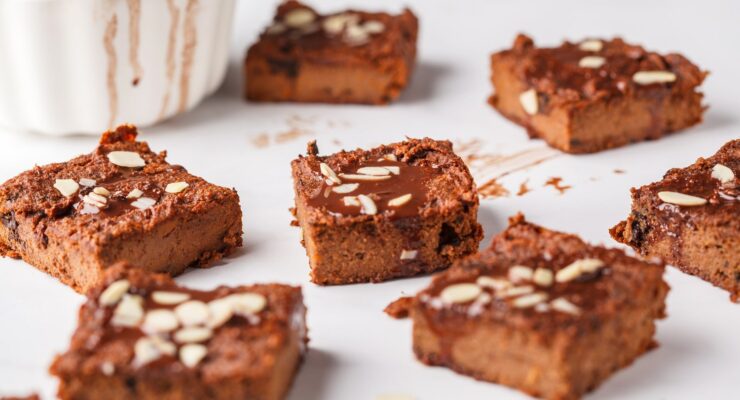9 Healthy Hacks for Losing Weight in Your 50s
Article posted in: Diet & Nutrition
Your 50s are a busy time: You’re likely at the height of your career, and could be managing not just your schedule and health, but also that of your children, parents and maybe even grandchildren. With all that going on, healthy eating and exercise can easily get lost. Coupled with dropping testosterone for men and menopausal metabolism changes for women, it’s no wonder that the greatest prevalence of overweight and obesity in America is in men and women 50 and over, according to The Lancet. That’s why, if you’re in this age range, it’s crucial to identify and implement some easy hacks for losing weight that actually work.
Here’s the good news: Just like there are life changes and situations that are specific to those in their 50s, there are healthy hacks for losing weight that are tailored to this age group as well. In fact, if you’re in your 50s, these weight loss strategies are perfect for you because they enable you to keep all that busy stuff in order while feeling better than ever.
Check out our nine healthy hacks for losing weight in your 50s:
1. Eat 30 grams of fiber per day.
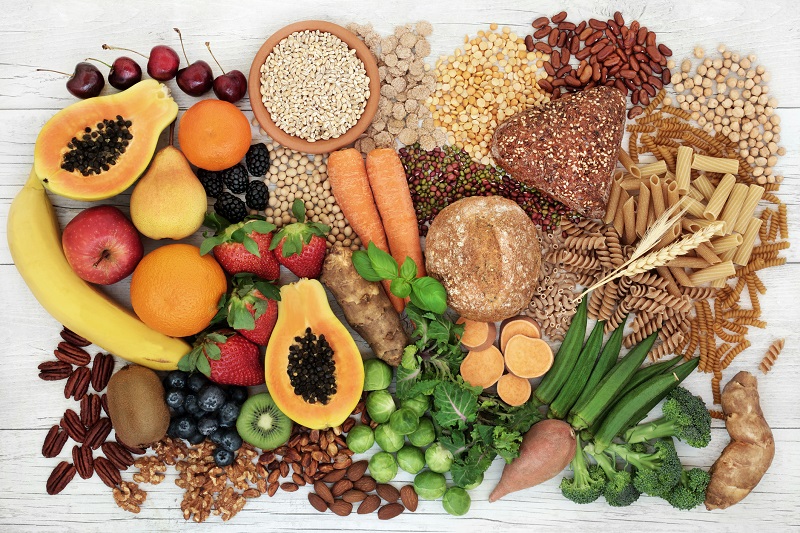
To kick off our healthy hacks for losing weight in your 50s, this one is a no-brainer. Just doing this can help folks in their 50s lose: In a study of 240 overweight adults of that age conducted by the National Heart, Lung and Blood Institute, half were assigned a diet based on the American Heart Association’s 13 diet guidelines—cutting back on hydrogenated oils, reducing saturated fat to seven percent of total calories, reducing salt and more. The other group was told to do just one of those guidelines: Eat 30 grams of fiber per day.
At the end of a year, the fiber-only group had lost an average of 4.6 pounds, compared to six pounds for those following all 13 rules. Yes, the fiber-only group lost less weight, but almost as much just by following this one rule—proving the fiber is a powerful weight loss tool. It signals your brain that you’re full faster and slows the speed of digestion so you feel fuller, longer. The fiber also has a direct effect on that stubborn stomach fat: For every 10 grams you eat daily, you’ll have as much as four percent less fat around your belly, according to Wake Forest Baptist Medical Center.
That’s why many Nutrisystem foods are loaded with fiber, making even your favorite cookies and candy bars more filling to help you stay on track. If you follow your plan, you’re getting between 25 and 35 grams per day. And you can easily increase that by adding more non-starchy veggies to your plate.
2. Eat more protein.

Another thing many Nutrisystem foods pack in is protein, and with good reason. Like fiber, protein makes you feel fuller faster, and for longer. And this muscle-building nutrient may also keep you from cheating: When scientists used MRI scans to study the brains of those eating protein-rich diets, they found significantly less activity in the parts of the brain associated with cravings.
Protein is also important as you’re aging. In one study of older adults, published in The Journals of Gerontology Series A: Biological Sciences and Medical Sciences, those given a diet with 30 grams of protein per meal not only lost more weight than those on a more “traditional” diet, but they also had greater bodily and muscle function—meaning they were more equipped to live actively and avoid injury.
3. Eat fatty fish twice per week.
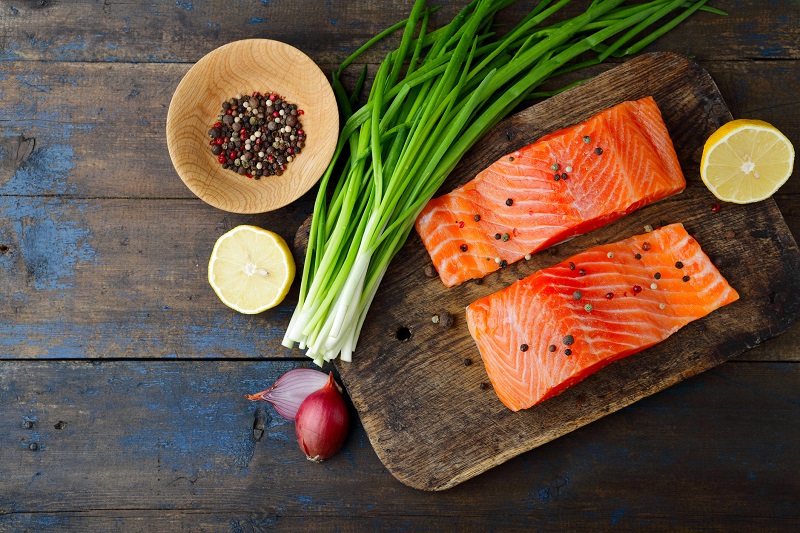
If you’re over 50, you’ve probably heard this at the doctor’s office, but it bears repeating: Eating a diet rich in fatty fish, like salmon, can reduce your risk of heart attack, according to Tufts University—which makes this one of the most important hacks for losing weight in your 50s. It can also improve your cholesterol, lower cancer risk and even reduce your overall risk of death, according to University of Maryland Medical Center.
Monounsaturated fats, like those featured in the “Mediterranean Diet,” have also been shown to help people lose belly fat, according to a study conducted by Penn State University. And a study of 481 postmenopausal women, published in the Journal of the Academy of Nutrition and Dietetics, found that eating more fish meant losing more weight.
Check out The Leaf’s recipe section for simple salmon recipes like this simple Instant Pot Salmon with Chili Lime Sauce with chili lime sauce, or these easy Old Bay Salmon Cakes.
4. Drink water before every meal.

In a study published in Obesity, scientists asked one group of adults aged 55-75 to drink 16 ounces of water before each meal while on a diet. They lost 44 percent more weight over 12 weeks than another group that was on the same diet, but didn’t drink. It’s that simple: A pre-meal drink can make you feel more full, so you’ll eat less and lose more. Try filling two, eight-ounce glasses before one or two meals per day to start, and see if you don’t leave a little more on your plate!
5. Measure your meals.
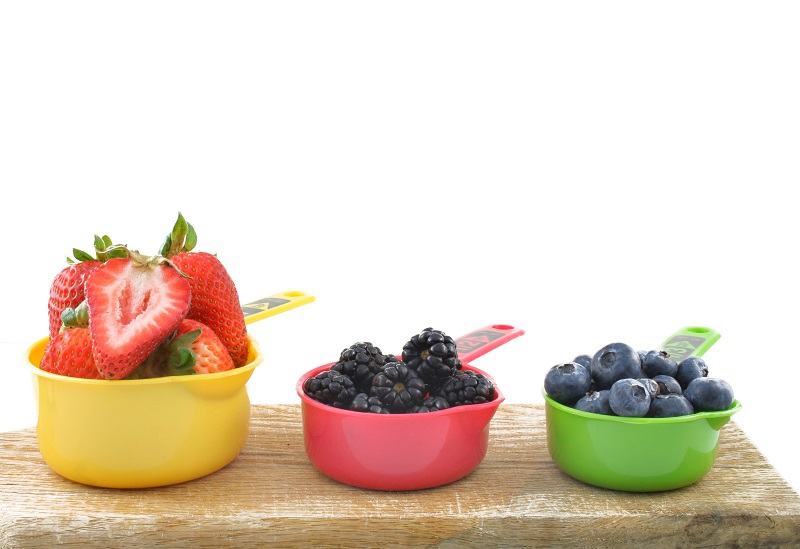
You’ve made it this far in life as a success, so you know what a healthy portion looks like, right? Maybe not. Ninety percent of Americans believe they’re eating a healthy diet, but 68 percent of us are overweight or obese, according to a study conducted by the Opinion Research Corporation. Part of that: We’re really bad at estimating portion sizes. A study in The European Journal of Clinical Nutrition found that Americans underestimate the sizes of our snack and carb servings, but overestimate the sizes of fruit and vegetable portions.
Check your ego and check your portions: If the side of a bag of nuts says a quarter cup is one serving—measure it out. Or choose snacks—like those from Nutrisystem—that come in a portion that’s pre-measured and on-plan. Munching mindlessly on more crackers, nuts or other snack pieces than you planed can lead to sneaky calories…and sabotage your hard work.
6. Change up your walking pace.

If you’re walking for exercise, great! Walking for 30 minutes every day can improve your sleep, strengthen your bones, reduce your risk of heart attack and stroke and, of course, burn some extra calories. But you can boost your calorie burn by varying your pace just a tiny bit. A study published in Biology Letters found that when walkers performed faster bursts of walking, increasing their pace by just five inches per second, they burned up to 20 percent more calories than when walking at a constant pace.
Try this on your next walk: After warming up for five or 10 minutes, walk just a little faster for 30 seconds before returning to an easy pace for 30 more. Repeat this 10 times.
7. Embrace the weights.

Your muscle mass can fall as much as one percent per year in your 40s and 50s as part of a process called sarcopenia, according to the Journal of Psychological Anthropology. That doesn’t just mean you won’t place as high in bodybuilding competitions: A lack of muscle mass can increase your risk for falls and reduce your overall metabolism, since muscle burns more calories than other kinds of tissue. Just 20 minutes can actually help stave off “age-related fat gain” around the belly, according to one study published in The Harvard Gazette.
The solution is another one of our simple hacks for losing weight: Hit the weights. You can’t stop muscle loss completely, but lifting weights can significantly slow the process, and can help build new muscle. It can also help with other effects of aging: Men lose one to two percent of their testosterone levels each year, but strength training can give T-levels a small boost, according to The Aging Male. And women who are worried about bone loss benefit as well: Lifting weights increases bone density.
But don’t be intimidated: The weights can be light! Just be sure you’re lifting until the exercise wears you out. Studies are finding that lifting weights to failure increases muscle size and strength whether the load is heavy or light. In one such study published in the Journal of Applied Physiology, men who lifted 30 to 50 percent of their one-rep maximum (the amount you could lift for just one repetition) for sets of 20 to 25 gained as much strength and size as men who lifted 75 to 80 percent of their max for eight repetitions per set.
8. Turn off the TV while you eat.

Perhaps one of the simplest hacks for losing weight, and it won’t just help make meal time into family time. According to Procedia-Social and Behavioral, Appetite and Ohio State University, eating without distractions, known as “mindful eating,” has been shown to help improve mental health, boost the mood of those snacking and even lower blood sugar. And, of course, it helps with weight loss. Mindful eating, according to a study from the Netherlands, can help you eat less at the meal you’re enjoying, plus carries over so you eat less throughout the day.
9. Assess your sleep apnea risk—and talk to your doctor.

The last of our simple hacks for losing weight is get a good night’s sleep. Sleep apnea, a disorder that causes stops in breathing during sleep, is associated with high blood pressure, coronary artery disease and a lack of energy. It also means you’re not getting as much quality sleep, which can affect your weight: One study, published in the journal Sleep, found that people who slept seven or more hours lost twice as much fat when dieting compared to those who slept less.
One way to assess if you might have sleep apnea is with a pneumonic device doctors call “STOPBANG.” According to the American Sleep Association, each letter represents a sleep apnea risk: “S” is for snoring. “T” is for feeling tired. “O” stands for observed apnea, when your partner says they’ve seen you stop breathing briefly while sleeping. “P” represents elevated blood pressure. “B” signals a BMI above 30. “A” is for an age greater than 50. “N” is a neck size greater than 40 centimeters. And the “G” is for if your gender is male.
Doctors say if you have four or more of these risk factors, consult a physician so they can further assess if you have sleep apnea (And you’ve already got the “A”).
Looking for help jump-starting your weight loss? Get started today! >

